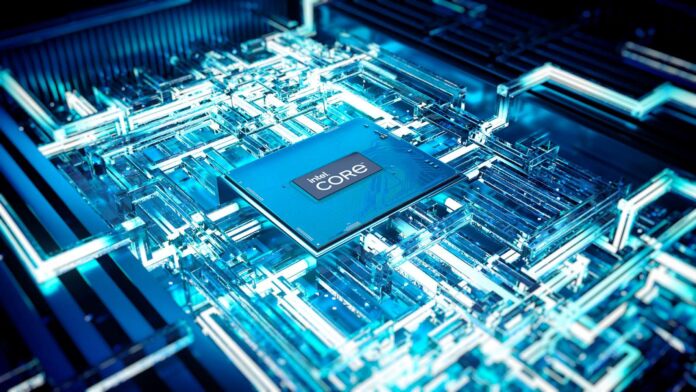Intel has been a proponent of Hyper-Threading Technology (HTT) since its introduction in 2002. Initially launched with the company's Xeon CPUs and subsequently integrated into the Pentium 4 desktop lineup, HTT has played a significant role in Intel's processor designs for over two decades. Hyper-Threading enables a single physical processor core to execute multiple instruction streams concurrently, effectively doubling the core's computational output. Despite this innovation's success, emerging reports suggest Intel is moving away from HTT in its forthcoming desktop and mobile processors.
Recent Developments and Leaked Information
Recent leaks, including a Task Manager screenshot purportedly from an early version of Intel's 16th Generation mobile processor, code-named Lunar Lake, indicate a significant departure from HTT. Observably, the screenshot reveals an equal number of physical and logical cores—eight each—signifying the absence of Hyper-Threading, which traditionally doubles the number of logical cores relative to physical ones. Furthermore, speculative documents have hinted at the omission of Hyper-Threading in Arrow Lake-S, Intel's next-gen desktop series. These revelations raise questions about the future of multitasking and parallel processing capabilities in Intel's processor lineup.
Lunar Lake A1https://t.co/REwqArpOUo pic.twitter.com/xKQKJZVIOI
— HXL (@9550pro) February 17, 2024
Comparison and Competitive Landscape
Intel's historical use of HTT has set it apart from competitors, offering enhanced multithreading performance without the need for additional physical cores. Meanwhile, AMD, Intel's chief competitor, adopted a different approach with Clustered Multi-Threading (CMT) in its Bulldozer series, which proved less effective. AMD later shifted to Simultaneous Multi-threading (SMT) with its Zen architecture, closely mirroring Intel's strategy. Intel's potential phase-out of Hyper-Threading, especially in performance cores (P-cores), represents a significant strategy shift, considering that efficient cores (E-cores) in its hybrid designs already lack HTT.
Intel's decision to possibly eliminate Hyper-Threading from its next-generation processors marks a pivotal development in the company's design philosophy. As details remain scarce, the industry is keenly awaiting official confirmation and rationale behind this change. Such a move may redefine processor performance benchmarks and influence future computing architectures, both for Intel and the wider semiconductor market.






